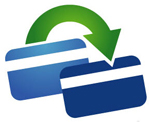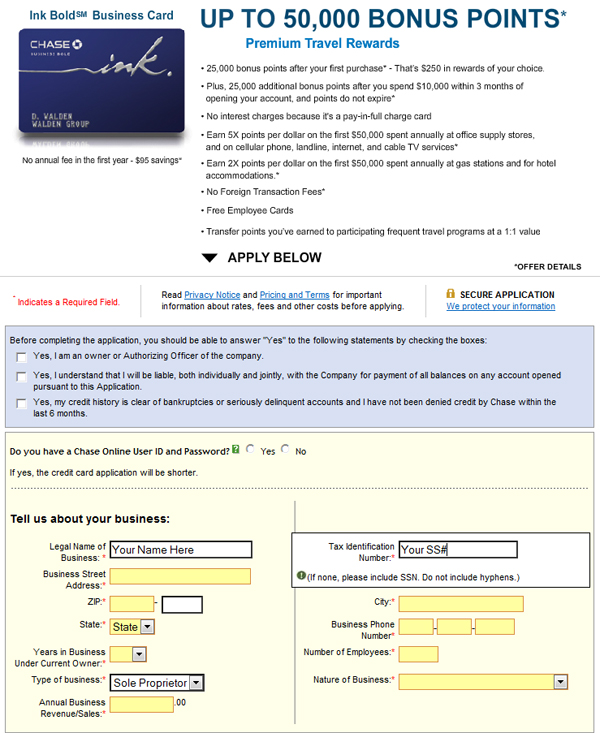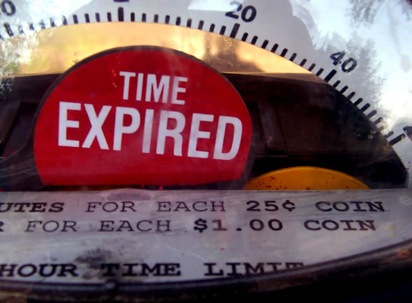 If one of your New Year’s resolutions is to get your finances under control, what is your nut? Your “nut” is your financial obligations (how much your bills are).
If one of your New Year’s resolutions is to get your finances under control, what is your nut? Your “nut” is your financial obligations (how much your bills are).
If you make a lot of money, and don’t have any debt, you may not care what your nut is. Otherwise, you might wanna take a few minutes to figure out your monthly nut. Knowing your nut will give you peace of mind.
When I was a couple years out of college, working at a bank, I told my co-worker that I could not save any money. She suggested stealing from the teller’s drawer. That’s not true. She suggested I start by socking away $25/week. I said, “I don’t even have that!”
Well, I was being a jackass. I never sat down to figure out my nut so I would know how much I could save and splurge. Instead, I simply whipped out my credit card, spent frivolously and then whined about being broke.
You don’t have to suffer through the same foolishness of youth. So… what’s your nut?
Kiplinger has a pretty good online calculator/worksheet to help you figure it out. That info can be downloaded into an Excel spreadsheet if that’s your jam. Mmm… jam. If you prefer to put pencil to paper, I’ll get you started with some monthly expense categories at the bottom of this post.
For expenses that fluctuate monthly (water, electric, gas, heating oil, trash, mobile phone, etc.) I suggest that you access your accounts online or go to your checkbook register. Of course, if you are like me and use Quicken for PC or Mac (see my Quicken review), you can access that info in seconds. Total the past 12 months and then divide by 12 to get the average monthly expense. Don’t forget to get a monthly average of your annual or semi-annual expenses (property taxes, insurances) as well.
Once you have all your expenses, compare your monthly nut to the money you take home after taxes are taken out. Obviously, if your nut is larger than your income, it’s time to cut back on your expenses and/or make more money.
Hopefully, you will have money left over and above your nut. What you have left is what you can use to pay off credit card debt, budget for vacations, make charitable donations, dine out and other do things that are not absolutely essential.
Assuming you have money left over above your nut, I suggest squirreling that money away in their own accounts. CapitalOne360 makes that pretty easy. Click here to open a Discover Bank Savings account. They have some of the highest rates and their website is very user friendly.
Once you have opened your Discover Bank Savings account, you can have multiple savings accounts for those things you want to save for (Vacation, Donations, Emergency, Tuition, Christmas & Birthday Gifts, Retirement, Investments, Eating Out, Weight Loss Contest, etc.). Those are really easy to set up.
Here are some expenses to include in when calculating your nut:
- Rent/Mortgage
- Car Payment/Transportation
- Insurance (Life, Auto, Home/Renters, Health, Umbrella, Other)
- Doctor/Dentist/Prescriptions
- Groceries
- Electricity
- Heating Oil/Gas
- Water and Sewer
- Trash
- Telephone
- Mobile Phone
- Internet
- Television (Cable/Satellite)
- Car Repairs/Gasoline/Registration/Parking
- Hairdos
- Clothing
- Tuition
- School Loans
- Alimony
- Child care
- Accountant
- Union/Membership dues
- Gym
- Newspaper/Magazine subscriptions















